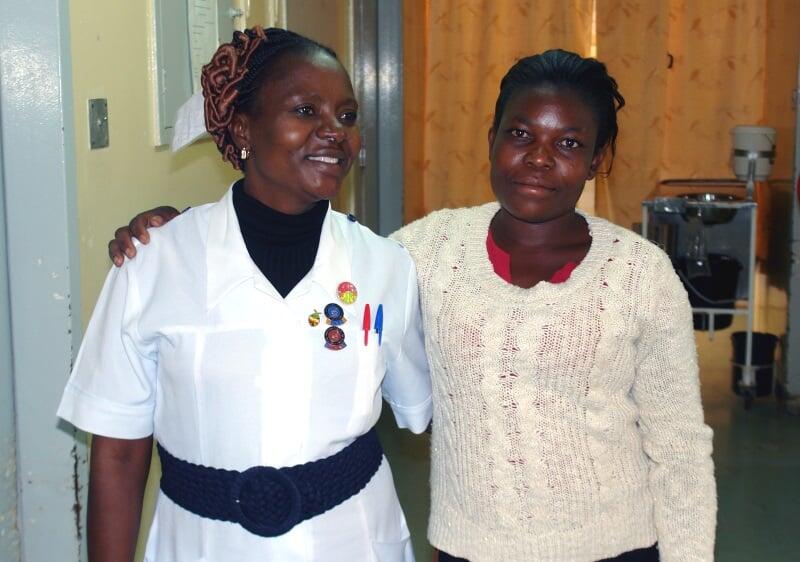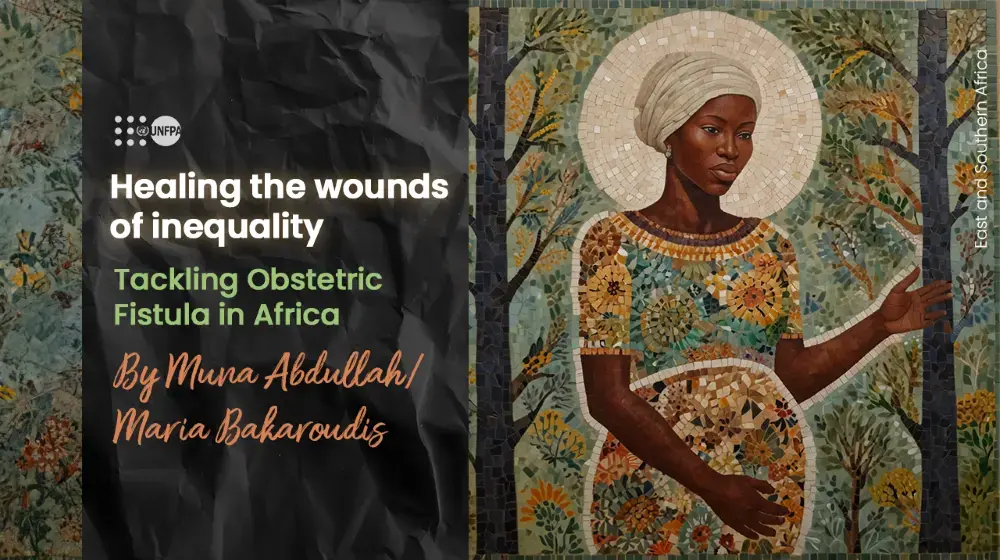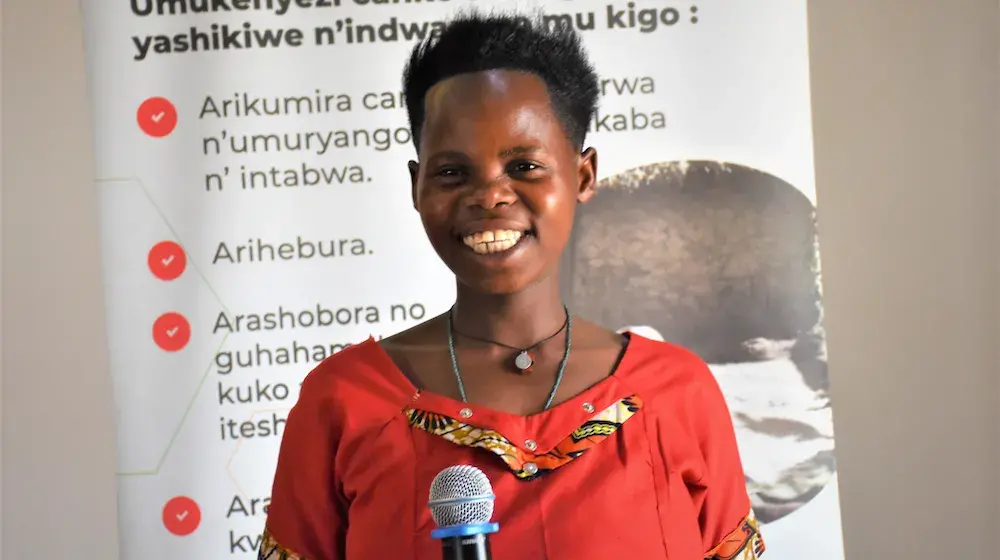LUSAKA, Zambia – Married and pregnant with her first child at a young age, Bridget Mukonda found herself in labour for three days. At the time she was in a small village in Luapula with no medical support. After visiting two local clinics but receiving no assistance, she travelled more than 50 kilometres to Mansa General Hospital, where she underwent a Caesarian section.
By then it was already too late; she had lost her baby. On top of dealing with this tragedy, on returning to her village she began leaking urine uncontrollably. At the age of 20, she had developed an obstetric fistula from the prolonged labour. Bridget’s constant smell of urine disgusted her husband, and he abandoned her, so she returned to her parents’ home but they were unable to support her. Left alone without any medical assistance, she begged for her survival for four long years.
“I would like to go back to secondary school and become a nurse one day.” - Bridget Mukonda, former fistula sufferer
In an effort to help her, Bridget’s brother joined her on a journey of more than 700 kilometres to Lusaka’s University Teaching Hospital. It was there that she finally underwent surgery to repair her fistula, with assistance from a medical doctor trained by UNFPA. The surgery was successful and as a result, Bridget is now able to lead a normal life once more. She has remained in Lusaka and is eager to fulfil her dreams of becoming a nurse and later, to get married and have healthy children. “I would like to go back to secondary school and become a nurse one day,” she says.
“I would like to go back to secondary school and become a nurse one day,” she says.
Regaining their dignity
Bridget is one of almost two thousand women with fistula who have regained their lives and dignity after successful surgical repair in Zambia, enabled by support from the United Nations Population Fund, UNFPA in the form of trained doctors, surgical repair equipment, and fistula repair camps held quarterly each year.
In acknowledgment that timely and accessible Emergency Obstetric Care (EmONC) is critical for preventing fistula, UNFPA in Zambia is committed to sustaining its partnership with the Government of Zambia at all levels, as well as national and international partners, to address challenges related to timely and adequate access to focused antenatal care, skilled delivery at birth, and postnatal care for pregnant women.
UNFPA’s support has included the design of a catalytic intervention model that will improve the capacity of the national health system to routinely deliver a comprehensive package of fistula prevention and repair services in Zambia. This includes conducting a national assessment that will guide interventions to strengthen capacities at the health facility level.
Supporting fistula camps
In addition, UNFPA continues to support the Government to conduct 'fistula camps' across Zambia, which has resulted in the successful treatment of 1,846 fistula patients between 2006 and 2014. UNFPA is also supporting capacity development to improve the capacity of doctors and nurses to undertake quality fistula surgeries.
It is this support that has made all the difference to Bridget’s quality of life, and her gratitude now extends to helping other women to spare them the suffering she knew: “Having suffered for four long years, I would like to use every opportunity I have to enlighten women and girls in rural areas about how to prevent fistula. I will also advocate for an increased number of clinics where women can access timely medical services when they face complications during childbirth,” she says.





